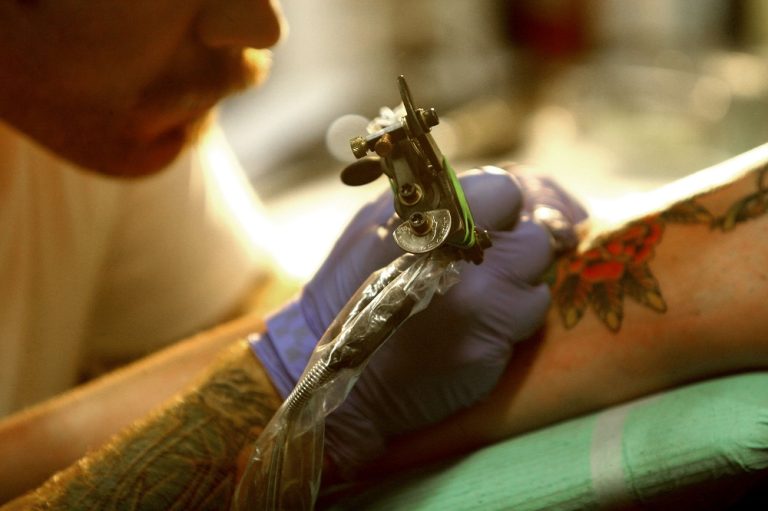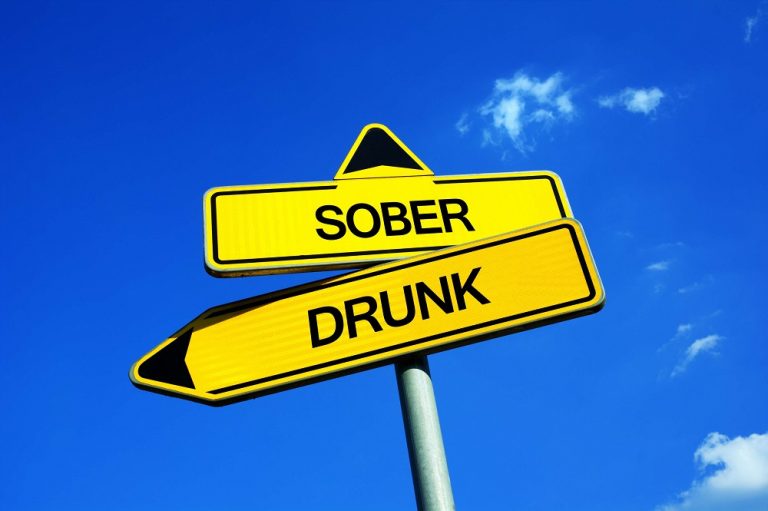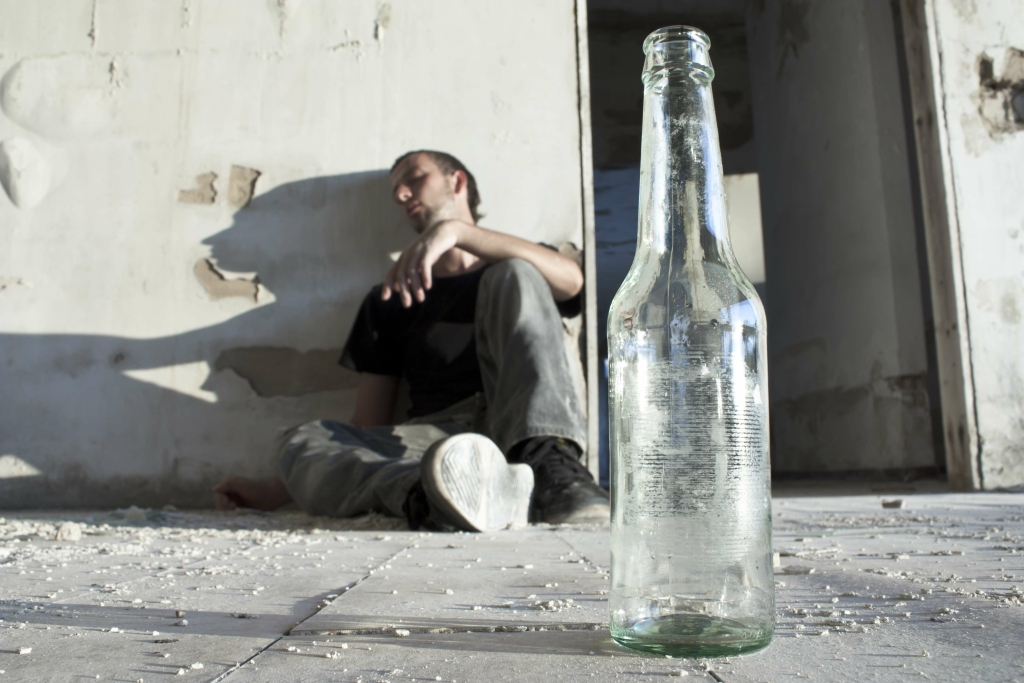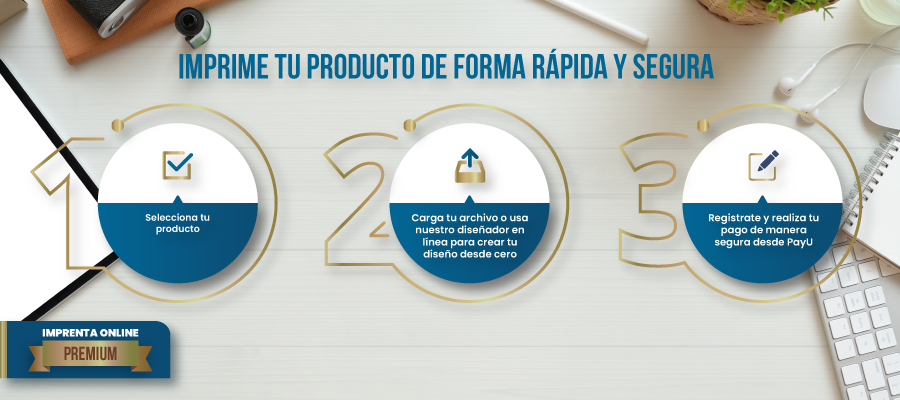Blood Thinners and Alcohol: Interactions, Risks, and Side Effects
However, higher amounts of alcohol consumption may have the opposite effect and increase the risk of blood clotting. Blood thinners are medicines that prevent blood clots from forming. It’s important to treat blood clots, because clots in your blood vessels and heart can cause heart attacks, strokes, and blockages. Alcohol is itself a blood thinner, and it also increases the time your blood thinner medication stays in your system. For these reasons, drinking alcohol while taking blood thinners https://maskahair.ru/otbelivanie-kozhi-3/ can make it hard for your blood to clot, which can increase your risk of bleeding heavily. Antiplatelets, for example, prevent platelets from sticking together to form clots.
Related Health Topics

They often treat and prevent life-threatening conditions that can happen because of blood clots, like strokes, heart attacks and pulmonary embolisms. Anticoagulants are a family of medications that stop your blood from clotting too easily. They can break down existing clots or prevent clots from forming in the first place. These medications can help stop life-threatening conditions like strokes, heart attacks and pulmonary embolisms, all of which can happen because of blood clots. It’s crucial to consult with a healthcare provider before consuming alcohol while on blood thinners and to follow their guidance regarding safe levels of consumption. Monitoring for signs of bleeding is also essential, as prompt medical attention can help prevent complications.

How to manage side effects
A doctor may prescribe these medications to reduce a person’s risk of heart attack and stroke. Both alcohol and blood thinners can increase the risk of bleeding. Alcohol can amplify the effects of blood thinners, potentially leading to excessive bleeding or prolonging bleeding time.
Treatment for alcohol use disorder
The process of blood clotting https://eleanor-cms.ru/news/%D0%BD%D0%BE%D0%B2%D0%BE%D1%81%D1%82%D0%B8-%D0%B8%D0%BD%D1%82%D0%B5%D1%80%D0%BD%D0%B5%D1%82%D0%B0/internet-tv.html is very complex, with multiple chains of chemical reactions called the “clotting cascade” that must occur to develop a blood clot. Blood thinners slow parts of this process, making blood clots form more slowly. This helps prevent blood clots from lodging in the heart, causing a heart attack; in the brain, causing a stroke; or in the lungs, causing a pulmonary embolism.
- Researchers have found that low-to-moderate drinking could reduce certain processes that lead to heart disease and inflammation.
- If you or someone you love is struggling with alcohol addiction, professional treatment at a licensed rehab facility can help.
- Further, alcohol can affect how long it takes for your body to process blood thinners.
- So even tiny cuts or bruises will bleed a lot more if you take these drugs.
- To ensure the optimal effectiveness of blood thinners, it is advisable to follow the prescribed dosage and avoid excessive alcohol consumption.
- It’s important to treat blood clots, because clots in your blood vessels and heart can cause heart attacks, strokes, and blockages.
- Understanding the relationship between alcohol and blood thinners is essential for individuals who are prescribed these medications or are at risk of blood clots.
Can alcohol cause blood clots?

But it’s important to learn about both before you start taking them. Although alcohol reduces blood clotting, it should never be used as a replacement for anticoagulants. When you get hurt, blood cells called platelets gather at the injury site and form a blood clot. Clotting factors are also released from platelets that help form a mesh to form the plug to close the wound.
Blood thinners: Can I still get blood clots?

People taking blood thinners with reduced liver function may accumulate more medication in their bloodstream. Increasing the level of blood thinners in the body can lead to an increased risk of bleeding. Blood thinners are important medications used for treating and preventing blood clots. The benefit of http://trindelka.net/forum/kultura/ket-fon-di-kat-von-d-t3441.html taking blood-thinning medications must always be weighed against their risk of serious bleeding. If your healthcare provider determines that alcohol consumption is safe for you, it is important to consume alcohol in moderation.
- According to the National Blood Clot Alliance (NBCA), in the U.S., more than 8 million people currently take them.
- These medications must be taken exactly as directed to work safely and effectively.
- Doing anything that can make you bleed is something to seriously consider not doing if you’re on a blood thinner.
- If you’re taking warfarin, you don’t have to give up foods higher in vitamin K completely.
- Combining alcohol with blood thinners can significantly increase the risk of bleeding.
- So, in a sense, alcohol can help to create a healthy balance of good cholesterol versus bad cholesterol, further lowering the odds for a heart attack or stroke.
It’s important to note that alcohol’s effects on platelet function are complex and can be influenced by various factors. If you are taking blood thinners or have a bleeding disorder, it is crucial to consult with your healthcare provider regarding the specific interactions between alcohol and your medication. When you drink blood thinners and alcohol, it can interact with the medication and potentially increase the risk of bleeding or other adverse effects.
Impact on Medication Effectiveness
It also suggests long-term alcohol use may increase the dose requirements for general anesthesia. As females retain more alcohol in the bloodstream than males, they are at higher risk of developing problems from combining alcohol with medications. The information on this site should not be used as a substitute for professional medical care or advice.


Leave your comment